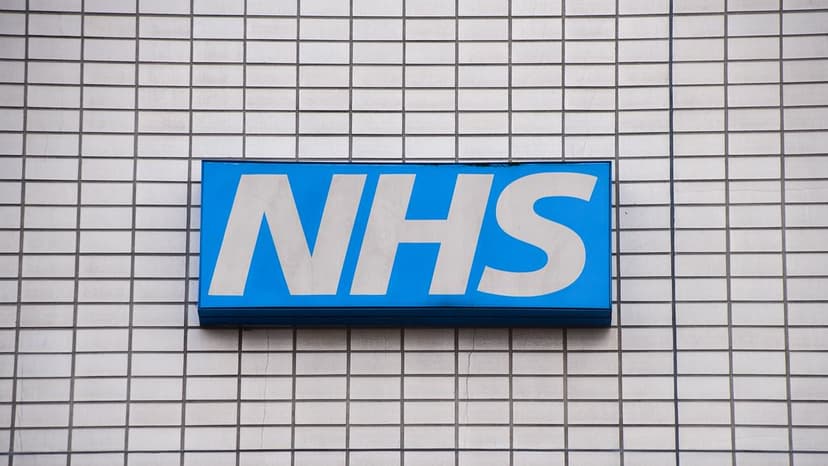Home / Health / NHS Faces Tough Choices as Doctors' Strikes Loom
NHS Faces Tough Choices as Doctors' Strikes Loom
14 Nov, 2025
Summary
- NHS may cut frontline staff, fewer operations and scans to cover strike costs
- Strikes expected to cost £240 million, jeopardizing NHS recovery efforts
- Patients face longer waits, with tens of thousands of appointments canceled

As of November 14th, 2025, the NHS is facing a difficult situation as thousands of resident doctors prepare to go on strike for five days starting today. The industrial action is expected to create a £240 million hole in the health service's budget, as hospitals are forced to cancel appointments and pay consultants inflated overtime rates to cover for the striking junior colleagues.
Health leaders have warned that the NHS may have to cut frontline staff and perform fewer operations and scans in order to cover these strike-related costs. This comes at a time when the NHS is already struggling to recover from the pandemic and implement vital long-term reforms. The early flu season is further exacerbating the pressures, with higher demand and increased staff sickness making it more difficult to fill rota gaps.
The strikes are expected to cause "excessive disruption" to patients, who will have to wait longer for care. The NHS is urging patients to continue coming forward for care and attend any planned appointments, unless they hear otherwise. However, it is likely that tens of thousands of tests, appointments, and operations will be delayed or canceled as the NHS prioritizes urgent and emergency care.
The government has accused the British Medical Association, the doctors' union, of acting like a "cartel" and trying to hold the country to ransom over the extortionate costs of the strikes. The BMA, on the other hand, has defended the strikes, stating that they are a legitimate response to the government's failure to address the concerns of resident doctors.




